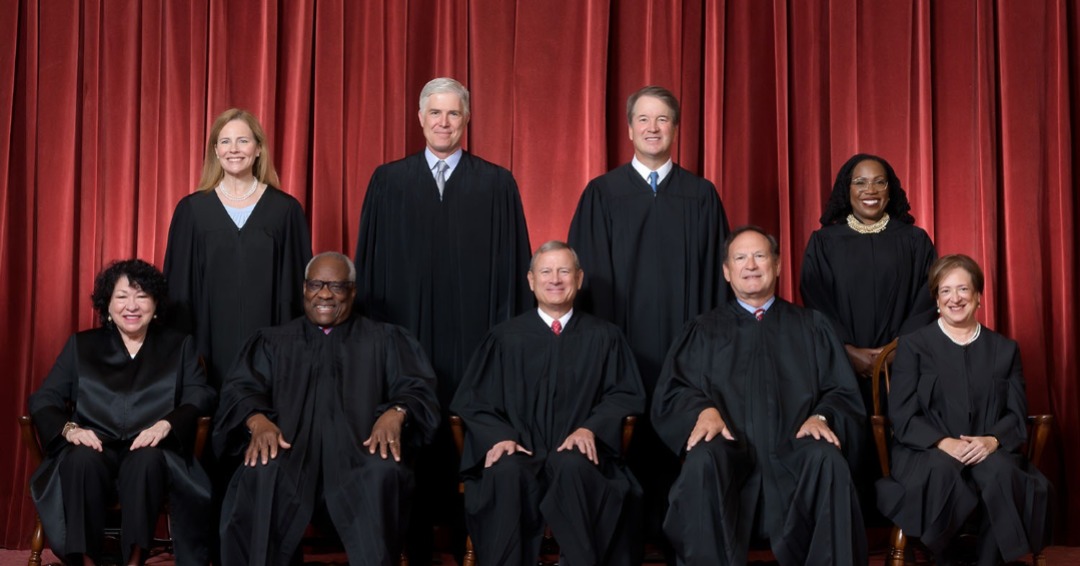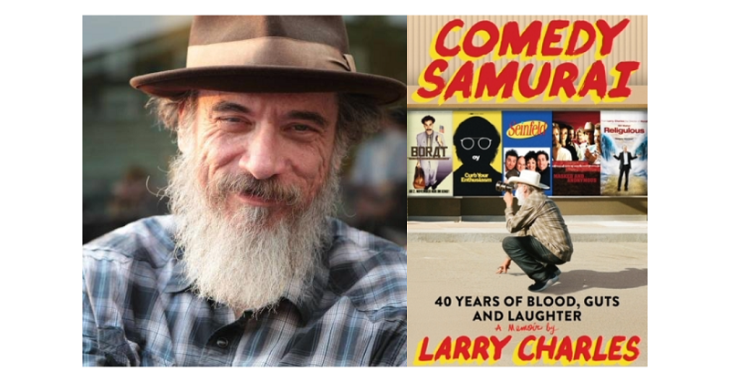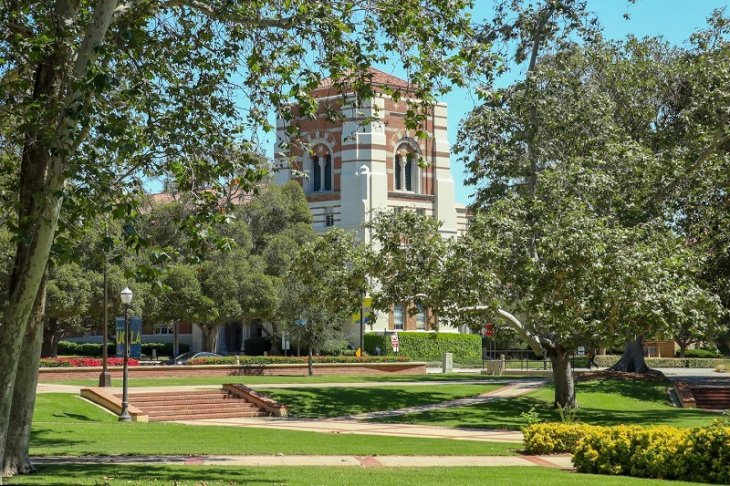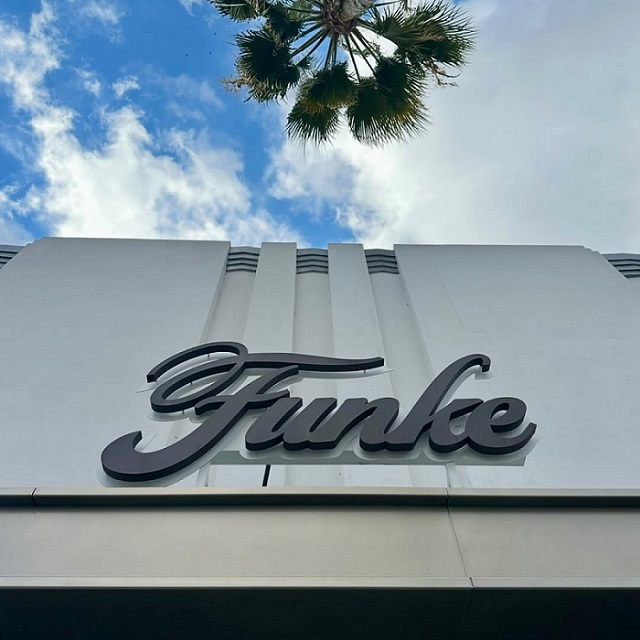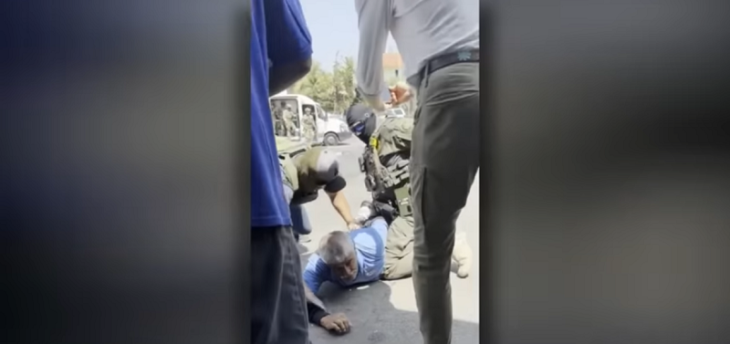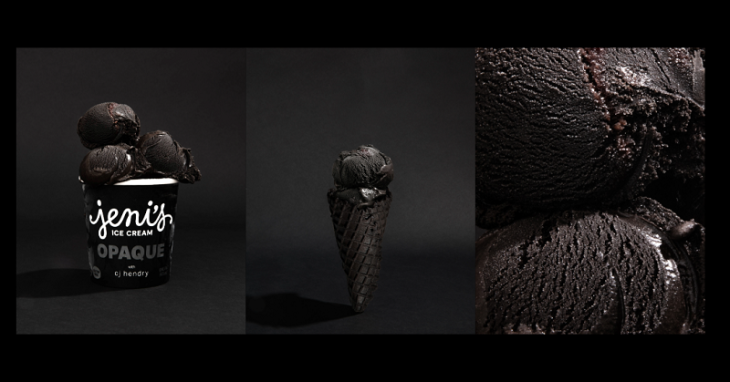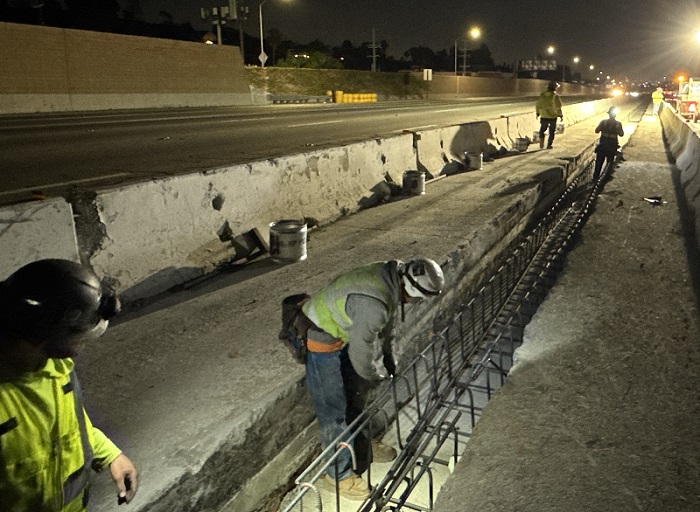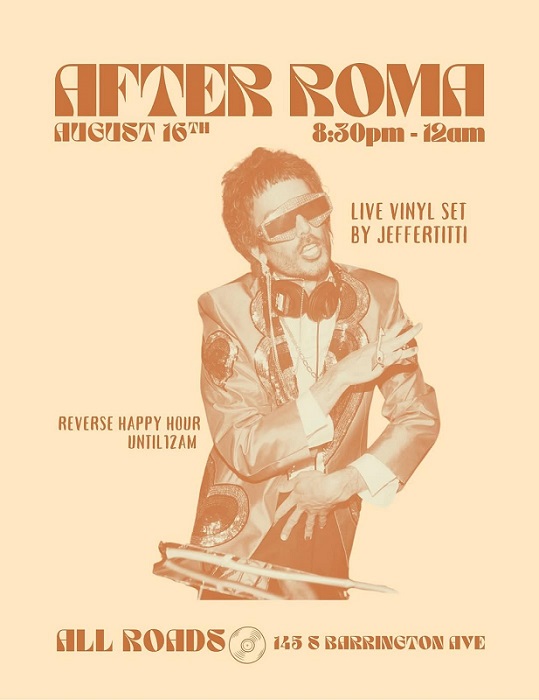Landmark Case Raises Questions of Cruel and Unusual Punishment
The Supreme Court engaged in a lengthy debate on Monday, lasting more than two and a half hours, over whether ticketing homeless individuals constitutes “cruel and unusual” punishment, potentially violating the Eighth Amendment, as reported by CNN.
Several justices expressed concerns regarding the criminalization of homelessness while also acknowledging the necessity for cities to address public health and fire hazards in homeless encampments nationwide.
In an exchange, Justice Sotomayor asked, “Where do we put them if every city, every village, every town lacks compassion?”
The attorney representing Grants Pass, Ms. Theane D. Evangelis, started to answer and said, We,” but Justice Sotomayor continued and said, “and passes a law identical to this? Where are they supposed to sleep? Are they supposed to kill themselves, not sleeping?
Justice Elena Kagan highlighted the fundamental need for sleep, comparing it to breathing, and questioned the ethical implications of penalizing individuals for sleeping in public spaces when they have nowhere else to go.
The focus of the argument centered on whether the “anti-camping” ordinances in Grants Pass, Oregon, targeted specific conduct, such as sleeping with bedding in public areas or the state of being homeless. The city contends that the ordinances primarily address conduct, whereas plaintiffs argue that enforcement disproportionately targets unhoused individuals.
Under these ordinances, police regularly issue citations to individuals sleeping in parks and other public spaces. Violations incur a $295 fine, which escalates to over $500 if left unpaid.
This case marks a significant appeal concerning unhoused Americans to reach the Supreme Court in decades, garnering close attention from municipalities and states grappling with rising homelessness rates.
According to the US Department of Housing and Urban Development, over 650,000 people experience homelessness in the United States on any given night, reflecting a 12% increase from 2022 to 2023.
Chief Justice John Roberts and other conservative justices raised questions about the ordinance’s explicit language, noting its silence on prohibiting homelessness and the challenge of defining someone’s status as “homeless,” which can fluctuate nightly.
The court contemplated the distinction between status and conduct, a pivotal consideration due to a 1962 Supreme Court ruling that found criminalizing drug addiction – a status – amounted to “cruel and unusual” punishment under the Eighth Amendment.
Residents experiencing homelessness in Grants Pass initiated the lawsuit. The 9th US Circuit Court of Appeals ruled in their favor, asserting that the city could not enforce anticamping ordinances against homeless individuals for sleeping outside or in their cars when no alternative shelter was available.
Grants Pass officials argue that the Eighth Amendment’s prohibition on “cruel and unusual” punishment pertains to torture or hard labor sentences, not citations.
A verdict in the City of Grants Pass v. Johnson case is anticipated before the end of June.

